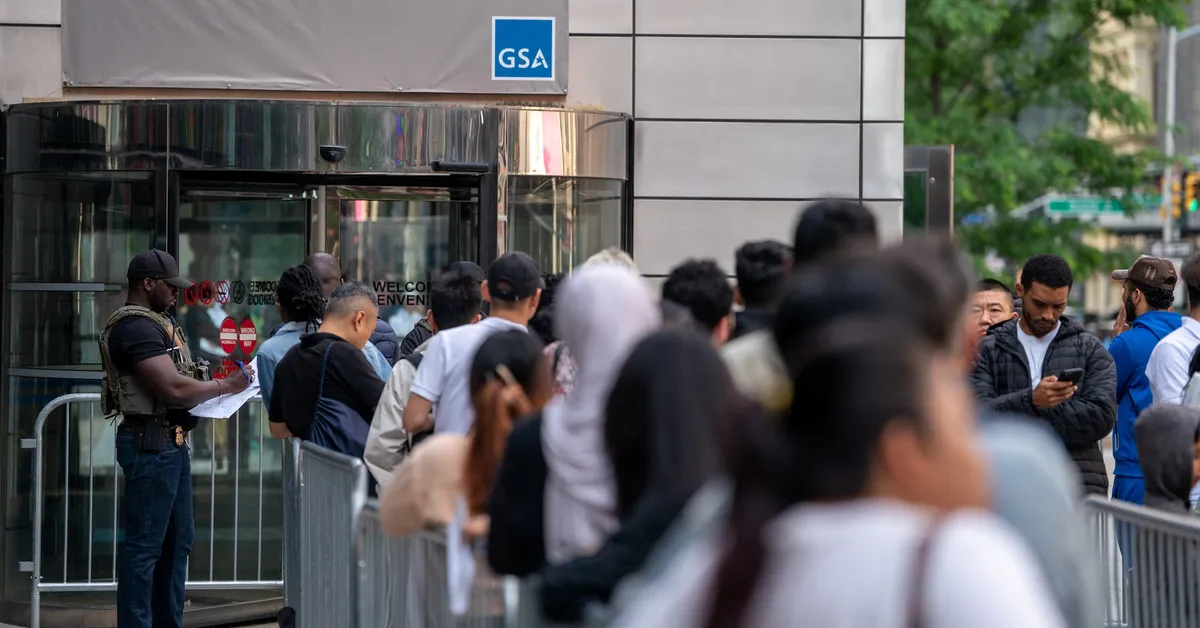
On September 2, 2023, Reuters reported that military and civilian lawyers employed by the Defense Department will temporarily take on the role of immigration judges. This initiative is part of the Trump administration's broader strategy to utilize military resources for domestic policy efforts. President Trump, a Republican, initiated a comprehensive crackdown on immigration shortly after taking office in January 2017, and this latest move reflects that ongoing commitment.
The Trump administration has consistently promoted its actions along the U.S. border, including the deployment of active-duty troops, as key factors contributing to a significant decrease in crossings by undocumented migrants. This focus on immigration has become a pivotal aspect of Trump's campaign for re-election in 2024, appealing to voters' concerns about border security and immigration enforcement.
According to Pentagon spokesperson Sean Parnell, the involvement of DOD attorneys is aimed at bolstering existing judicial resources to tackle the growing backlog of immigration cases. The initiative is expected to require hundreds of lawyers, and the temporary assignment is set to last for 179 days. Lawyers interested in serving as temporary immigration judges are required to volunteer by Thursday, highlighting the urgency of this initiative.
It's important to note that military lawyers are not specifically trained to function in the capacity of immigration judges. An anonymous U.S. official expressed concerns that even with additional training, military lawyers may find it challenging to adapt to the immigration judicial process, which differs significantly from the military justice system they are accustomed to.
This is not the first instance of the Trump administration enlisting military lawyers to support domestic policy goals. Recently, it was reported that the U.S. Attorney's office in Washington, D.C., plans to recruit around 20 personnel from the DOD to serve as special assistant U.S. attorneys. Their role will focus on prosecuting misdemeanor cases, further illustrating the administration’s reliance on military resources for various domestic legal challenges.
U.S. Defense Secretary Pete Hegseth has been actively reshaping the upper echelons of the military justice system, notably replacing the judge advocates general for the Army, Navy, and Air Force. In his 2024 book, Hegseth criticized military lawyers, suggesting that many are more focused on prosecuting military personnel than addressing serious crimes. This perspective underscores the ongoing debate about the role of military lawyers in domestic policy enforcement.
As the Trump administration continues to navigate its immigration policies and judicial challenges, the temporary appointment of military and civilian lawyers as immigration judges marks a significant development in its strategy to address immigration enforcement and case management.